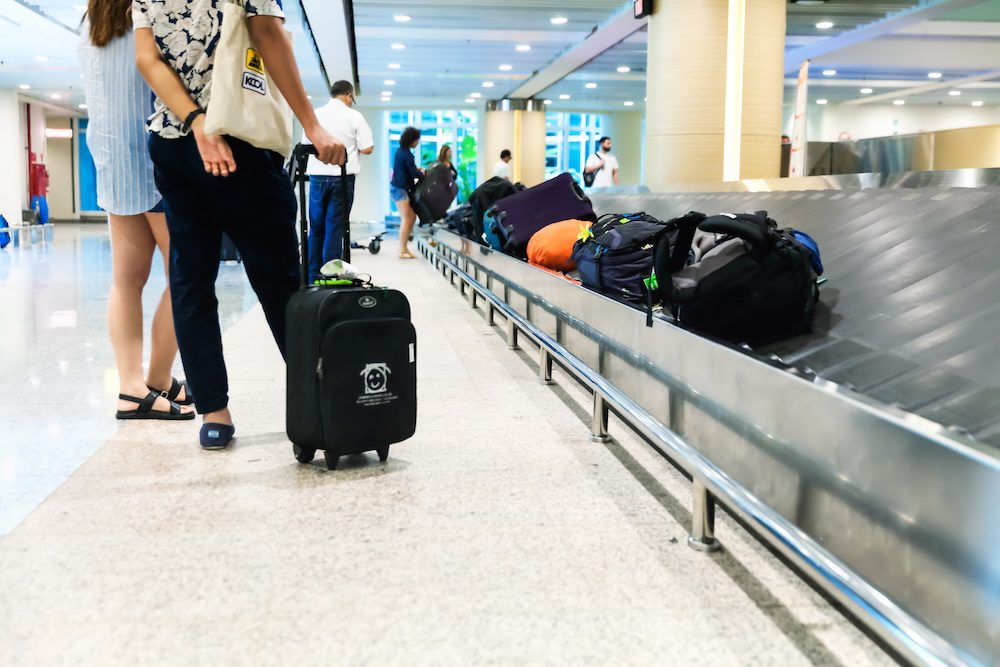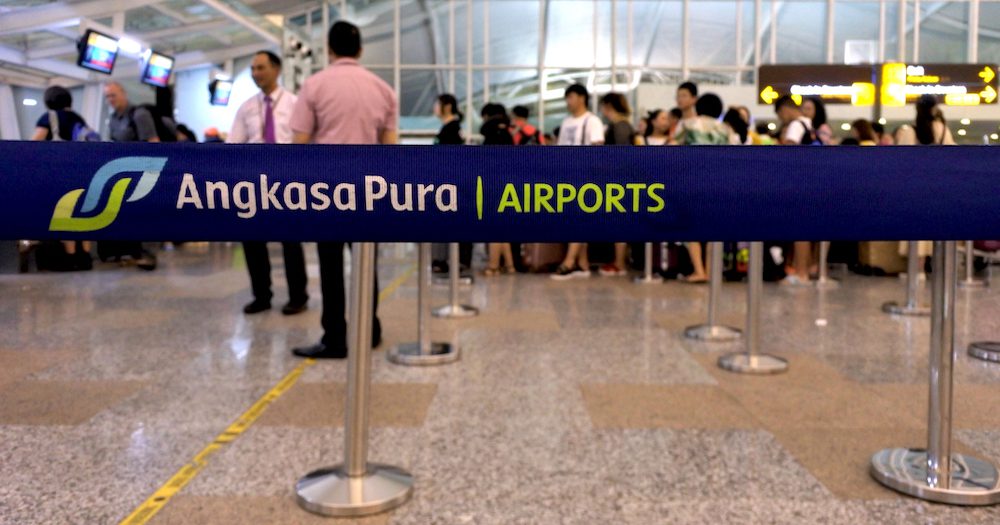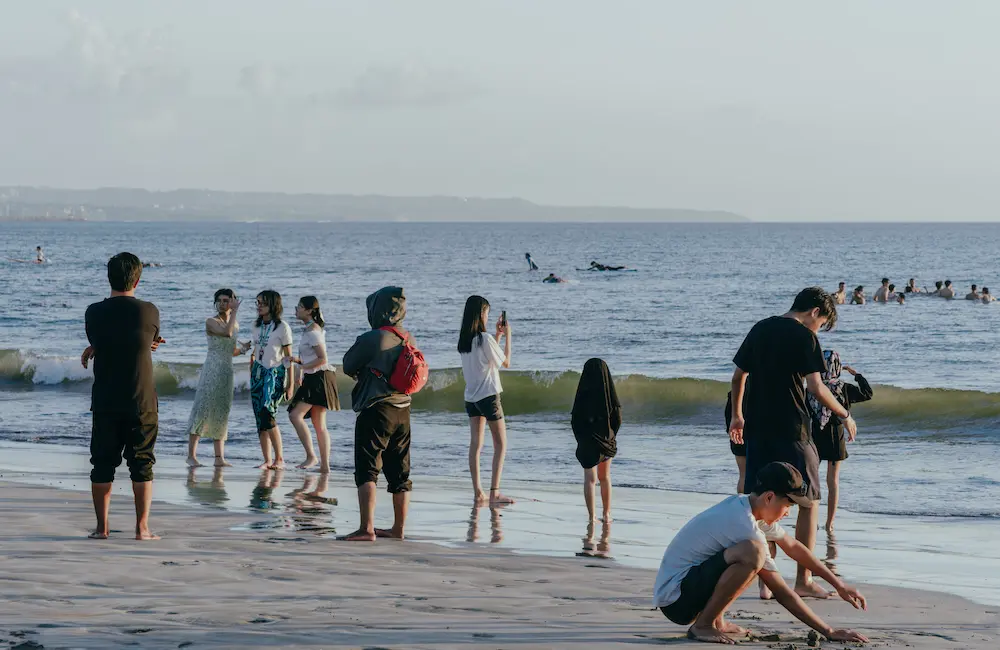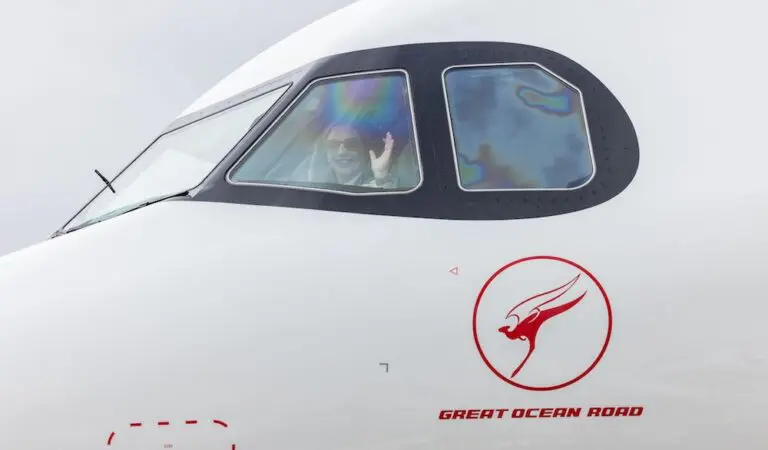Bali is having a moment… in the tourism sense. Ok, so it’s not really a moment, but travellers are now descending on the Indonesian province in record numbers. And while that’s mostly good for the local economy, it brings challenges.
Citing local immigration data, Indonesian news agency Antara reports that tourist arrivals in Bali reached nearly 3.9 million between January and July this year.
That’s a massive increase over the 2.9 million visitors who arrived in the same period in 2023. Australians make up the largest market, with around 877,000 visitors – or about 22 per cent of all arrivals.
However, tempering the positives of this rise, deportations are also growing.
According to the Bali Regional Office for Law and Human Rights, some 258 foreign nationals were deported from the island for the year until 19 July. That’s well over one deportation a day on average. It also compares unfavourably to 340 for the whole of 2023 and 188 in 2022.
Reasons for deportation

With this in mind, Indonesia’s Minister of Tourism and Creative Economies, Sandiaga Uno, and Bali Tourism Office Head Tjok Bagus Pemayun recently discussed ways tourists have been caught breaking visa conditions, the Bali Sun reported.
“It is true that many naughty tourists often do indecent acts, such as [indecency] in holy places, robbing and not paying at minimarkets, taking [inappropriate] pictures, driving recklessly, and [more],” Pemayun said.
Some foreign nationals are also guilty of conducting business whilst in Bali.
“Of course, this requires supervision and immediate report to the authorities because we have also seen how foreigners [do business] in Bali,” Pemayun stated.
“There are land service brokers, model and photographers, motorbike rentals, salons, and even selling vegetables.”
More control

With travel – and deportations – booming, the Indonesian island is stepping up its immigration checks for visitors.
“This aims to maintain security, order, and comfort for the entire community, including tourists,” Bali Regional Office for Law and Human Rights Head, Pramella Yunidar Pasaribu, stated.
According to Antara, Pasaribu said that checks on foreign nationals have intensified, with closer inspections of passports, visas and residence permits.
In addition, immigration has enhanced its system to monitor foreign nationals, integrating facial recognition and border control technology.
Ngurah Rai International Airport’s (aka Denpasar) arrivals terminal recently gained 60 autogates, with 30 more for departures. Immigration plans to add another 20 units.

Meanwhile, the office will continue to collaborate with police, customs and tourism agencies for better oversight.
But Pasaribu said most travellers’ experiences will remain essentially unchanged.
“We want to ensure that every tourist coming to Bali can enjoy the natural beauty and culture of Bali safely and comfortably,” she said.
After introducing a new tourist tax in February this year, Indonesian officials are already considering significantly increasing the levy.
In better news, however, Indonesian authorities are considering dropping its visa-on-arrival fee before October. Currently, every Australian tourist arriving in Bali is required to pay a Rp500,000 (a little under AU$50) VoA fee.






